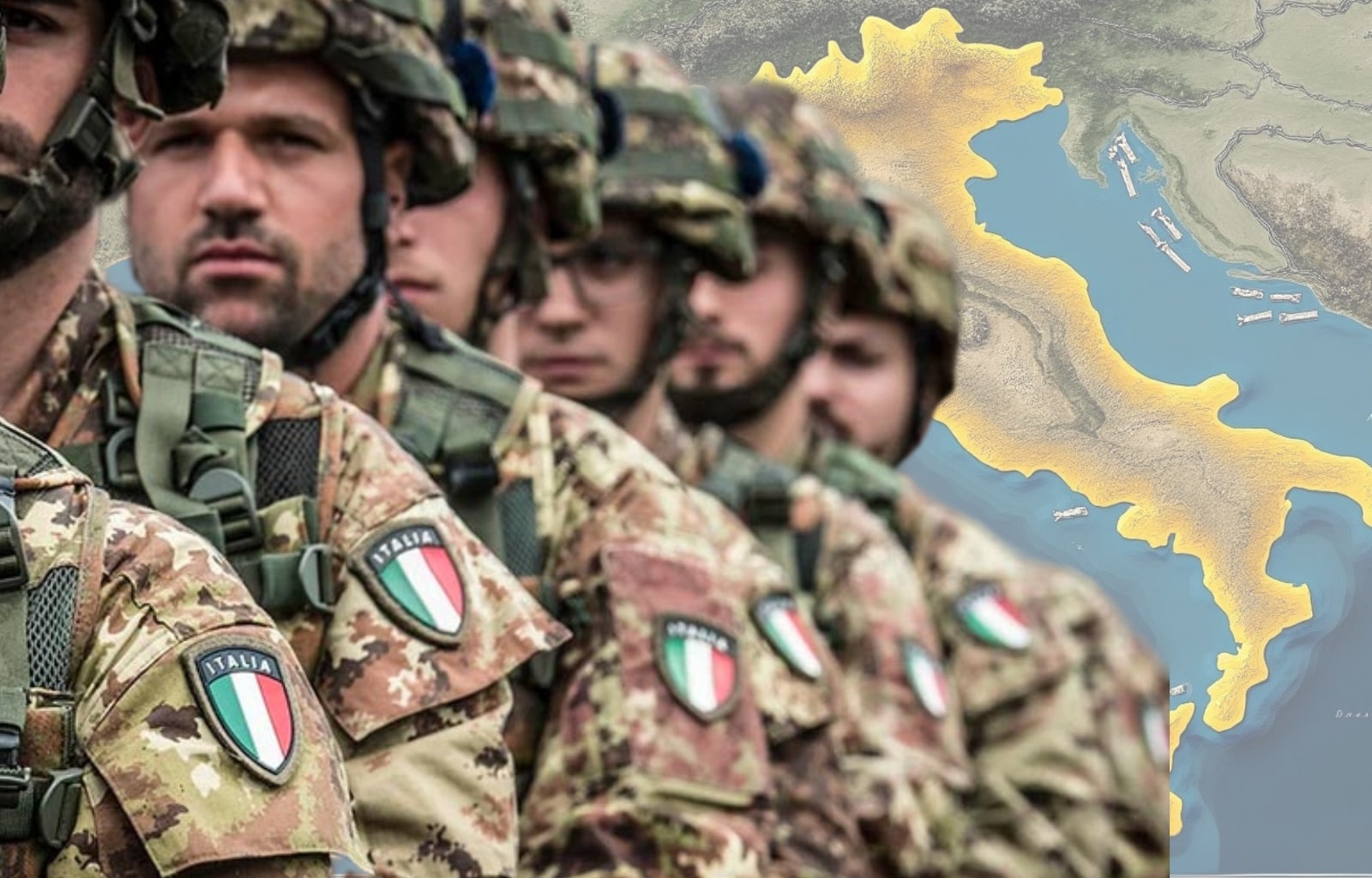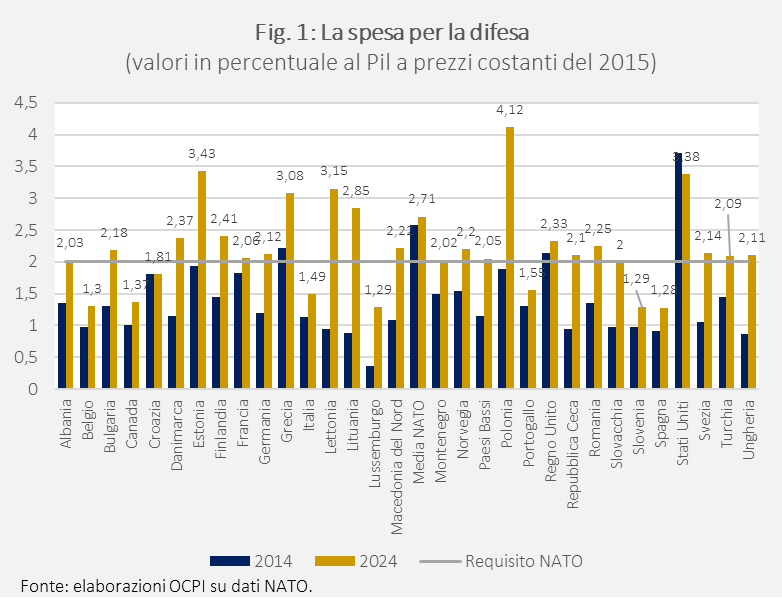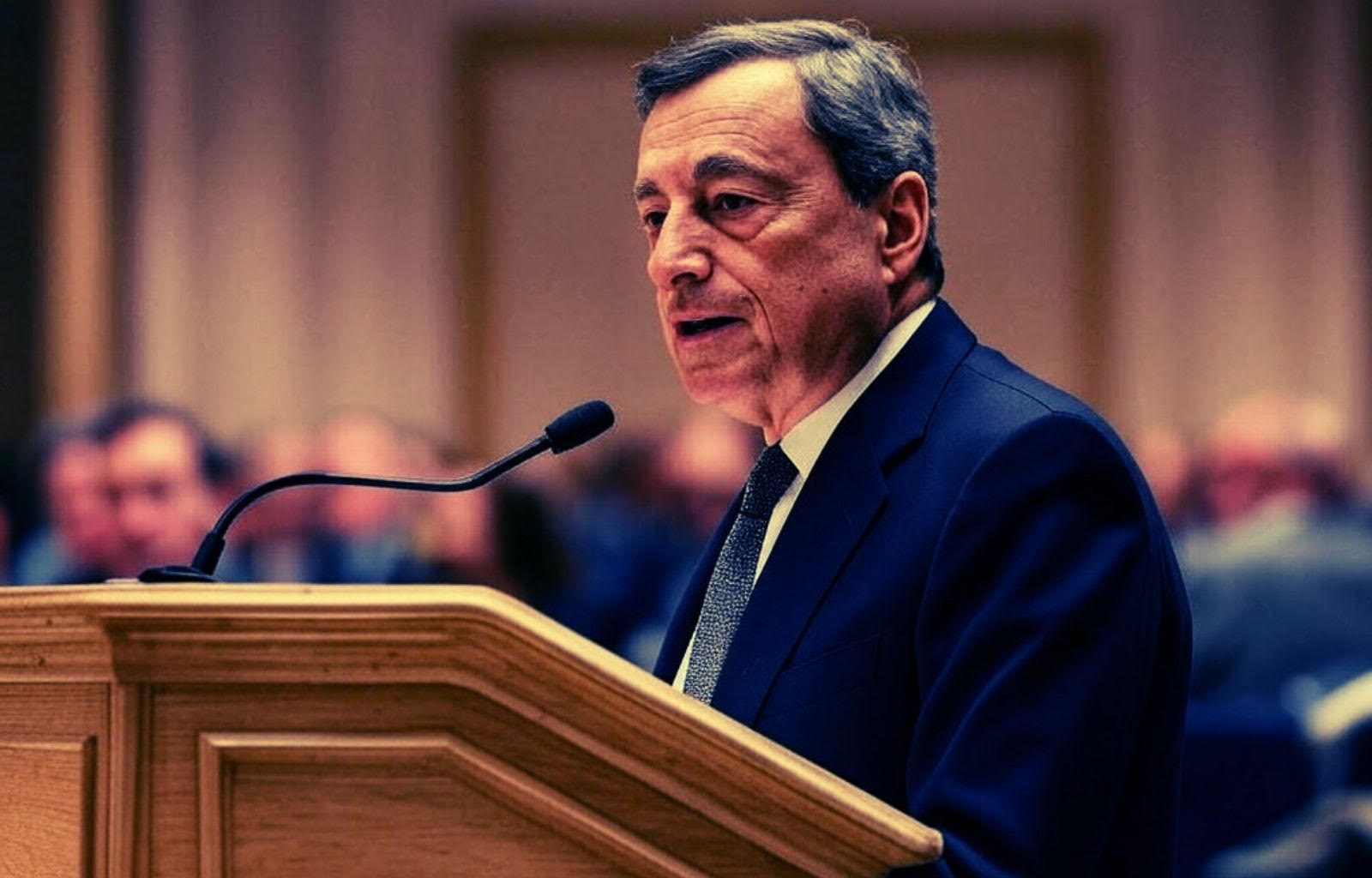Italian defence spending: in 2027 it will only reach 1.6% of GDP

Defence spending in Italy is today the focus of political and media debate, also in light of the commitments made with NATO to allocate 2% of GDP to the sector by 2028. This goal, although ambitious, still seems far off, despite the increases provided for in the 2025 Budget Law. Italy, with current spending of 1.5 per cent of GDP, lags behind many allies, raising questions about how the country intends to close the gap in the coming years.
The current situation
According to data from the Observatory on Italian Public Accounts, led by Carlo Cottarelli, Italy will allocate around EUR 32 billion to defence in 2024, or 1.5 per cent of GDP. This places the country among the NATO members furthest from the 2% target, in the company of Canada, Belgium, Luxembourg, Slovenia and Spain. To fulfil its commitments, Italy would need an additional EUR 11.2 billion in 2024 alone.

The draft Budget Bill 2025 introduces an increase in appropriations, which should bring defence spending to 1.6 per cent of GDP by 2027. Despite this, the average gap to the NATO requirement will remain high, hovering around EUR 9.6 billion in the coming years. This picture underlines the need for further structural interventions to ensure a sustainable path towards the target.
The composition of expenditure
A crucial aspect is the composition of defence spending, which is divided into three main areas:
- Personnel: covers the salaries of military and civilian personnel and accounts for the largest share, at 59.4% of the total.
- Operations: includes training, maintenance and other operations necessary to ensure operational efficiency, accounting for 18.6%.
- Investments: earmarked for the modernisation and renewal of military infrastructure and equipment, they account for 22% of the total.
This breakdown highlights a critical issue: the strong prevalence of personnel expenditure leaves little room for strategic investments in technology, research and infrastructure, which are crucial for maintaining interoperability with NATO partners.
The NATO definition
The calculation of defence expenditure according to NATO criteria is based on a broader approach than the ordinary budget of the Ministry of Defence. For example, costs related to the Carabinieri and provisional pensions of personnel not engaged in military operations are excluded. Instead, other items are added such as:
- INPS pensions for military and civilian personnel.
- Expenditure incurred by other ministries, such as the Ministry of Enterprise and Made in Italy, on armament-related projects.
- Contributions to international missions and supranational strategic programmes.
These corrections bring the defence budget closer to the NATO definition, but do not eliminate the gap to the 2% requirement.
The prospects of the 2025 budget law
The Budget Law 2025 foresees significant increases in defence spending, with appropriations rising from 28.9 billion in 2024 to 31.3 billion in 2025, and 31.2 billion in 2026. However, most of these increases seem to be allocated to personnel, due to contract renewals, and to the purchase of new armaments, estimated at around 13 billion in 2025.
These increases, although important, will not be enough to close the gap. To reach the 2 per cent target, further action will be needed in the coming years, aimed at:
- Rebalance the composition of expenditure, increasing the share allocated to strategic investments.
- Enhancing efficiency and transparency in resource management.
- Assess synergies with European funds and other NATO joint initiatives.
A strategic path for Italy
Beyond the numbers, the issue of defence spending reflects a broader issue of national and international strategy. Achieving the 2 per cent requirement does not only mean increasing the funds allocated to the sector, but also redefining priorities, improving efficiency and ensuring that resources are used to strengthen the country’s operational capabilities.
In the context of an increasingly complex and unstable geopolitical landscape, Italy must demonstrate that it is a reliable partner within the Atlantic Alliance. This will require not only greater investment, but also a change of mentality: defence spending must not be seen as a burden, but as an opportunity to strengthen national security and the country’s role in the global context.











